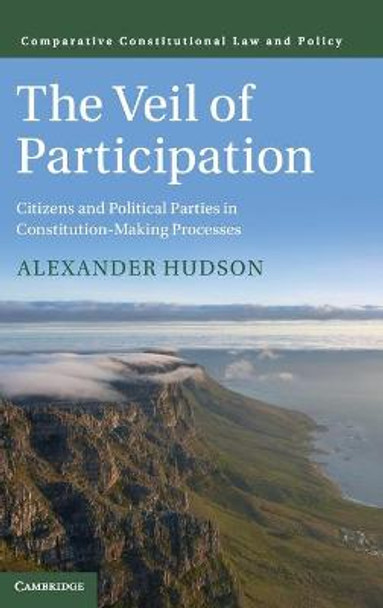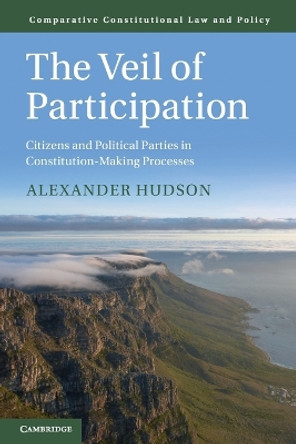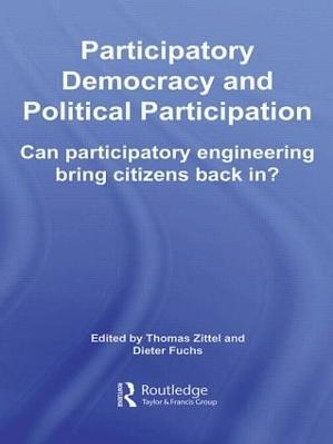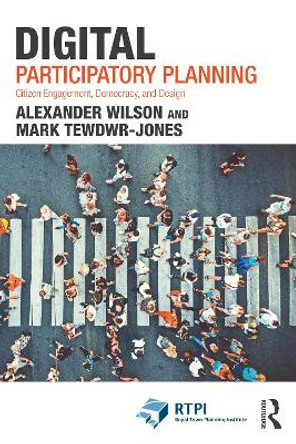Description
Hudson provides new evidence about the roles of political parties, leaders, and citizen-participants in constitution-making processes.
About the Author
Dr. Alexander Hudson is a Research Fellow in the Comparative Constitutionalism Fellow Group at the Max Planck Institute for the Study of Religious and Ethnic Diversity. His research focuses on the role of citizens in processes of constitutional change, including participatory drafting processes, referendums, and crowdsourcing.
Reviews
'The Veil of Participation should appear on every shortlist for book of the year. A model study in comparative constitutionalism, this trailblazing analysis of constitution-making around the world answers questions once thought unanswerable. Hudson deploys state-of-the-art techniques in empirical analysis alongside the traditional case study method to produce a groundbreaking work on the impact of popular participation in constitutional design. Any scholar inquiring into popular constitutionalism will now have to grapple with this pioneering and profoundly important book.' Richard Albert, University of Texas, Austin
'This fantastic and timely book goes beyond the recent hype about citizen participation in constitution-making to ask a fundamental question: when does public participation really matter? Sometimes, as in the case of the South African constitution or, to a lesser extent, the Brazilian one, citizen participation is mostly veiling - that is hiding and even legitimizing - the reality of traditional party politics masquerading as openness to the people. Carefully documented, empirically rich, analytically rigorous, this book forces us to think hard about the conditions under which citizens' participation can actually make a difference to the nature of a country's social contract.' Helene Landemore, Yale University
'Direct citizen involvement in the drafting of constitutions is a normative requirement firmly rooted in the democratic principle that only the people can hold ultimate constituent power. It has also become an increasingly common practice encouraged by international agencies that provide constitution-building assistance worldwide. Yet it is unclear what is the real impact that citizen input has on the final content of constitutions. In this path-breaking book, Alexander Hudson shows that public participation is in most cases unlikely to have a significant influence on the final content of constitutions, but that the extent to which citizens can make their input effectual is primarily determined by the strength of the political parties involved in the drafting process. This work has numerous important implications for the study of constitution making and popular participation and should be widely read by political scientists and scholars interested in comparative constitutional law.' Gabriel L. Negretto, Instituto de Ciencia Politica, Pontificia Universidad Catolica de Chile
Book Information
ISBN 9781108840071
Author Alexander Hudson
Format Hardback
Page Count 280
Imprint Cambridge University Press
Publisher Cambridge University Press
Weight(grams) 490g
Dimensions(mm) 150mm * 230mm * 15mm





